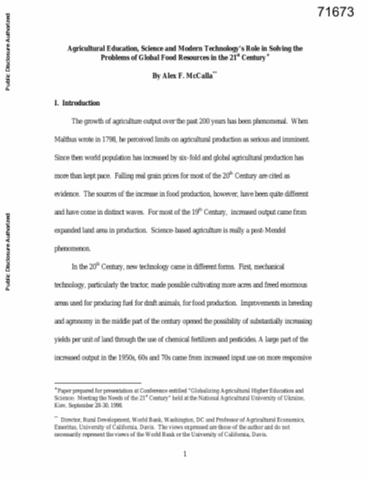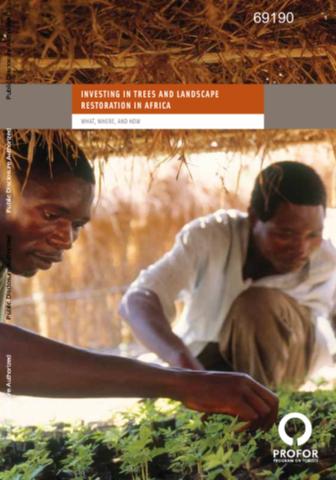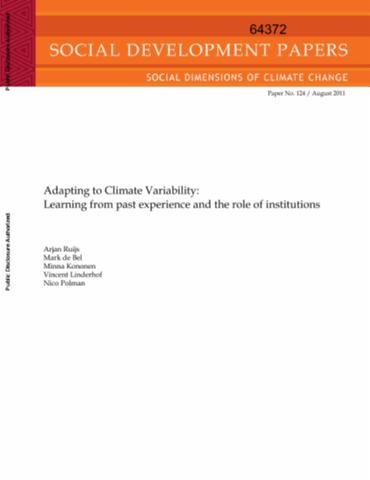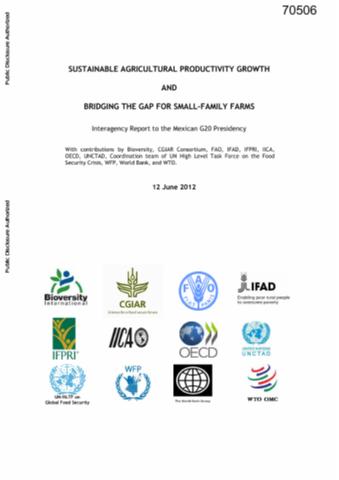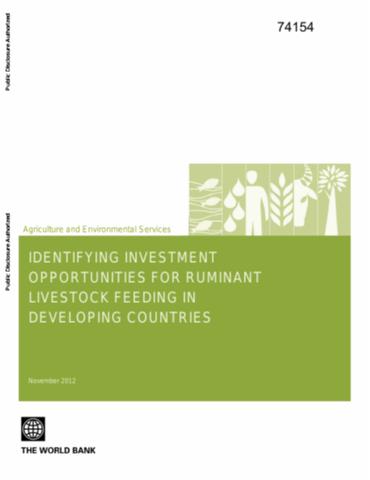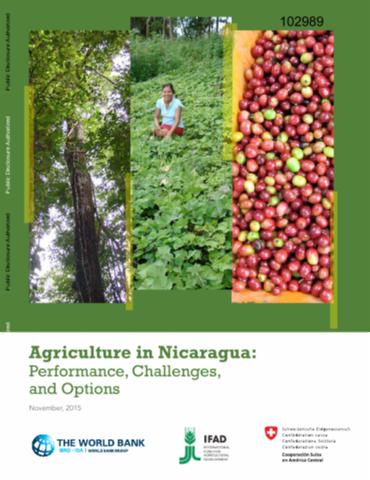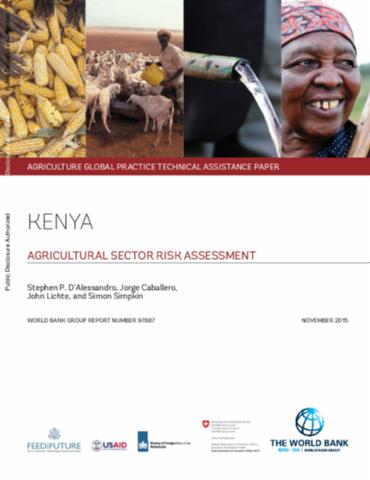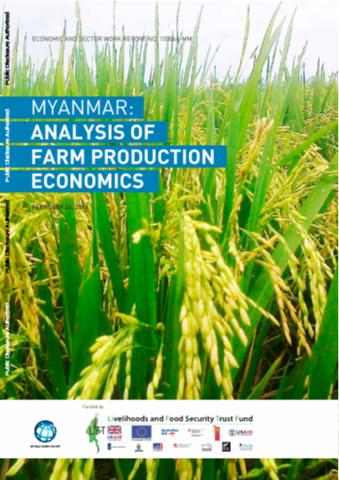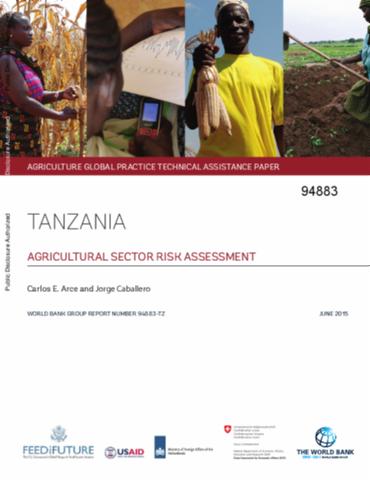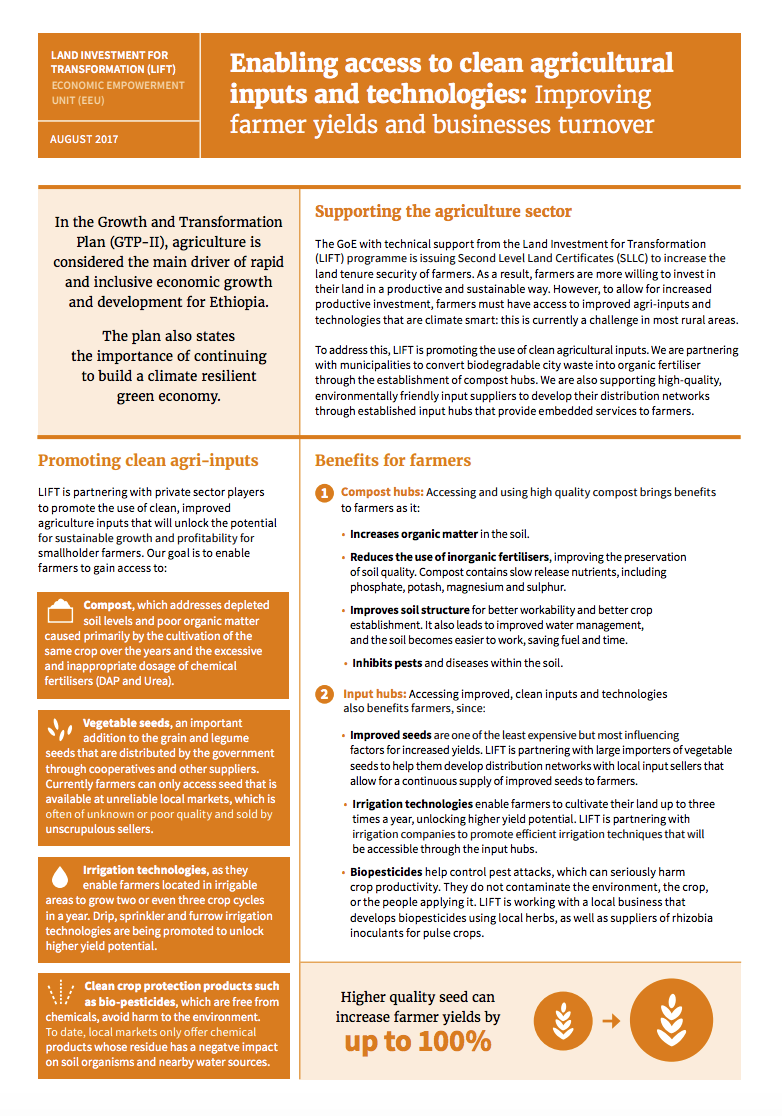Agricultural Education, Science and Modern Technology's Role in Solving the Problems of Global Food Resources in the 21st Century
The growth of agriculture output over the past 200 years has been phenomenal. When Malthus wrote in 1798, he perceived limits on agricultural production as serious and imminent. Since then world population has increased by six-fold and global agricultural production has more than kept pace. Falling real grain prices for most of the 20th Century are cited as evidence. The sources of the increase in food production, however, have been quite different and have come in distinct waves. For most of the 19th century, increased output came from expanded land area in production.

